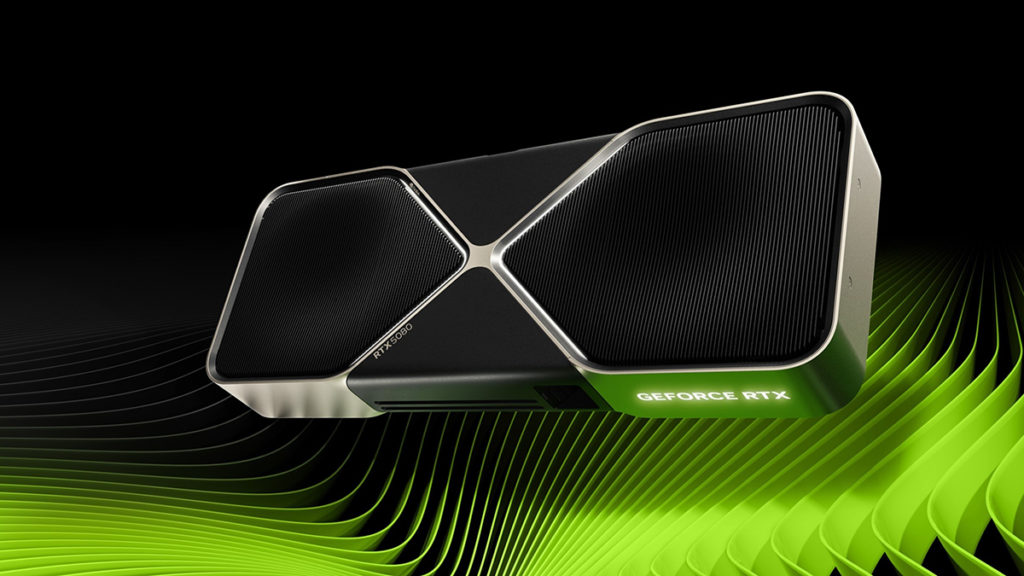
NVIDIA appears to be getting ready to launch its next GeForce RTX 50 series GPU with RTX 5060 Ti which could arrive in April. Historically speaking NVIDIA’s x60/x60 Ti GPUs have been its most popular products among PC owners seeking an optimal value vs performance design for 1080p and 1440p gaming. Another historical pattern with these products is that NVIDIA will often release variants over a generational launch timeline, and occasionally after, but it looks like this time around it will launch two different models at the same time.
It had already been rumored that NVIDIA might launch the GeForce RTX 5060 Ti in two VRAM variants with either 8 GB or 16 GB GDDR7 memory but apparently the GPU manufacturer has recently informed its board partners and full specifications have now been confirmed by VideoCardz. Additionally following other multiple rumors regarding a possible release date, which included a fakeout release announcement that circulated a couple of weeks ago to another stating that NVIDIA had decided upon delaying the next release, it’s now said these graphics cards could launch on April 16. The time of the release is a little suspect but it could be a regional reference.
5060Ti will be released on April 16th at 9pm, along with 8GB and 16GB
— Алексей (@wxnod) March 22, 2025
RTX 5060 Ti Specifications (via VideoCardz):
| Board-SKU | PG152 SKU 15 (16 GB) / PG152 SKU 10 (8 GB) |
| GPU | GB206-300 |
| CUDA Cores | 4,608 |
| Base Clock | 2,407 MHz |
| Boost Clock | 2,572 MHz |
| Memory Configuration | 16 GB or 8 GB GDDR7 |
| Memory Clock | 28 Gbps |
| Memory BUS | 128-bit |
| Memory Bandwidth | 448 GB/s |
| TGP | 180W |
Pricing for the GeForce RTX 5060 Ti 8 GB and 16 GB models has not yet been revealed but it probably wouldn’t matter much anyway aside for the lucky few who manage to get ahold of them at launch. This is due to it becoming a standard practice for some board partners to either limit the amount of models offered at MSRP or raising prices a week after launch. While AMD has publically stated that it’s working with partners to get more low-cost products to its partners NVIDIA has been somewhat silent on the matter other than offering its own in-house lottery-style option.
